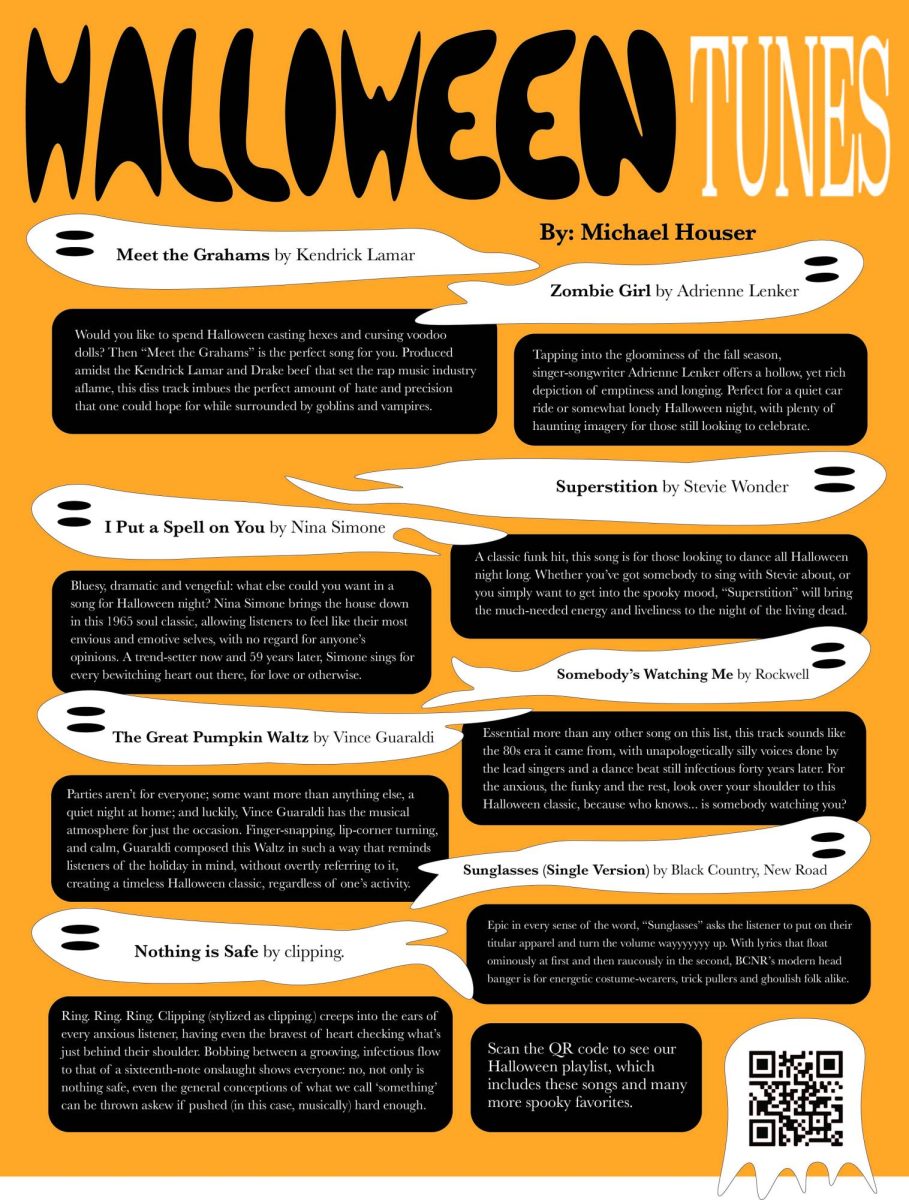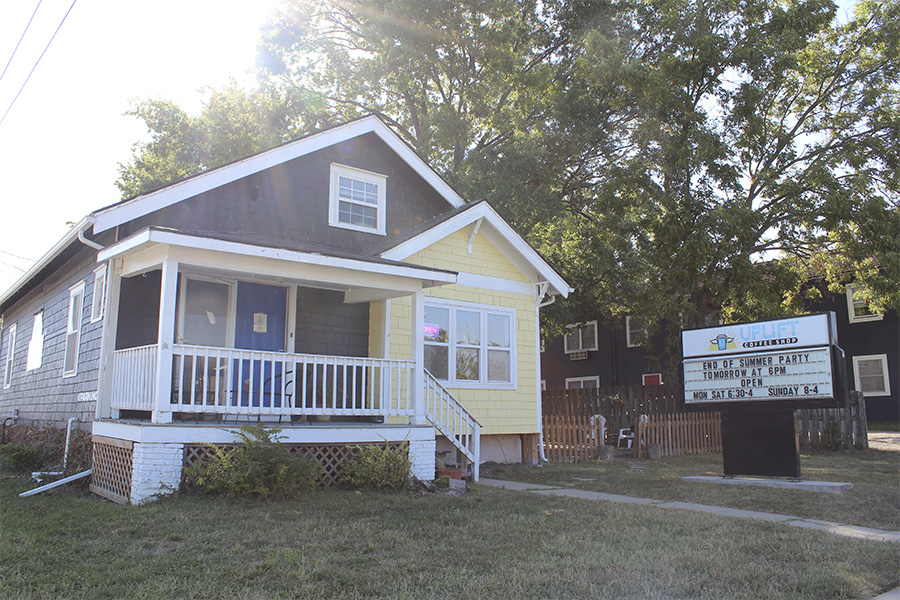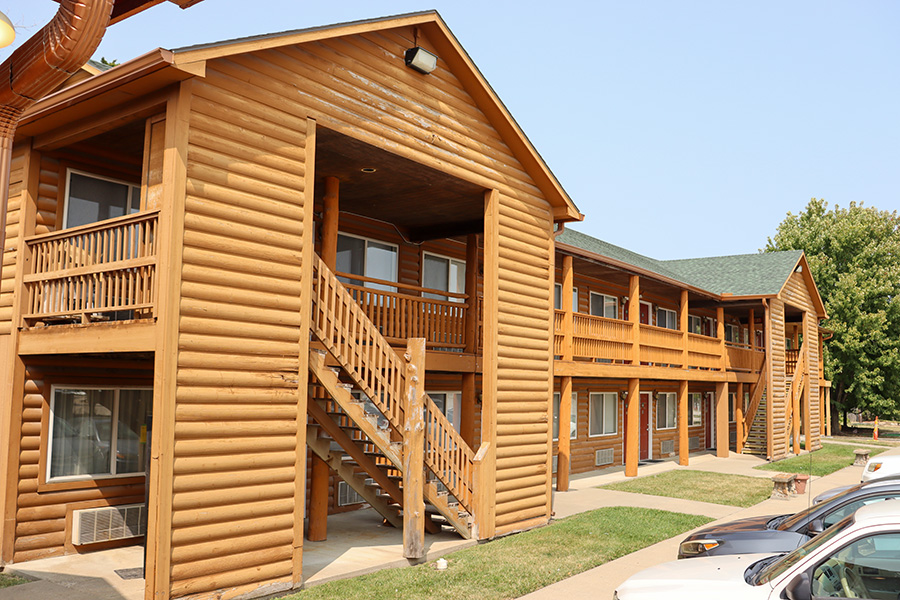University President Pat Long leaned forward in her chair, smiled slightly and paused before carefully articulating her thoughts on the Baker budget.
Her demeanor, cheerful yet unwilling to get overly hopeful, paralleled the approach that those tied to the economics of the university have adopted for the 2009-2010 school year: cautious optimism.
“We’re better than where we were last year at this time from a financial standpoint,” Long said. “But our bottom line is still not where we want it to be … It feels like we’re turning the corner, but as someone said yesterday, it’s a big corner.”
The financial woes Long and other decision-makers have faced for the last year are derivatives of the nationwide recession that started in December 2007. Long pointed out that institutional endowments are down nationwide and Baker is implementing a bit more frugal of an approach to reduce its debt during the 2009-2010 school year.
“We were really conservative this year when we budgeted,” Long said. “We budgeted based on 50 less students than what we currently have enrolled. We were conservative across the board.”
Long said the university makes its money in August and January when tuition is due for students, so enrollment and retention numbers are extremely important when assessing the school’s budget.
She said she is unable to talk specific numbers regarding the budget until September, however, because the university is in the auditing and processing phase.
Louise Cummings-Simmons, vice president of enrollment management, said the number of incoming freshmen and transfer students is higher than it’s been in recent years.
“We’re going to be a little more than 300,” she said. “We visited high schools, attended college programs and have been very aggressive with our scholarship days and staying connected to students.”
While a large freshman class brings in revenue for the university, Long was quick to point out this tuition money will not be immediately spent.
“If we meet or exceed our enrollment projections, yes it will help tremendously,” Long said. “But no matter if we have wonderful enrollment, we need to pay down our debt, short term and long term. So rather than putting money back into the university and hiring new people, we’re looking to stabilize and move forward.”
Dean of Students Cassy Bailey said the perception that high enrollment creates expendable income is where misconceptions could surface.
“I think that’s where some students might be confused,” Bailey said. “If we have more money, people assume that pretty soon we are going to see programs come back and administrative assistants come back. And that’s not the case, so I think there could be some missed logic.”
In addition to saving money to help rebuild the endowment and pay down debts, Baker administrators have initiated a campus-wide review of all its academic and athletic programs.
This review has some faculty members worried that cuts are in the future, but Long maintains the reasons for the reviews are to improve efficiency and make the programs stronger.
“I’m not looking at these reviews as budget related,” she said. “I’m looking at it as how we position the university for the future. I think you can really look at it as that we’re going to put our money and resources where we can tell we need them.”
Regardless, the reviews will provide Long with information such as inefficiencies and duplications in each program, which will in turn show administration how to manage costs more effectively.
Even though changes in the staff positioning and program alterations could result from the reviews, Long said her primary goal is to minimize any effect the university’s finances have on the students.
“I know we have incredible people here,” she said. “And everyone is working hard so that the students will not see diminished services.”






